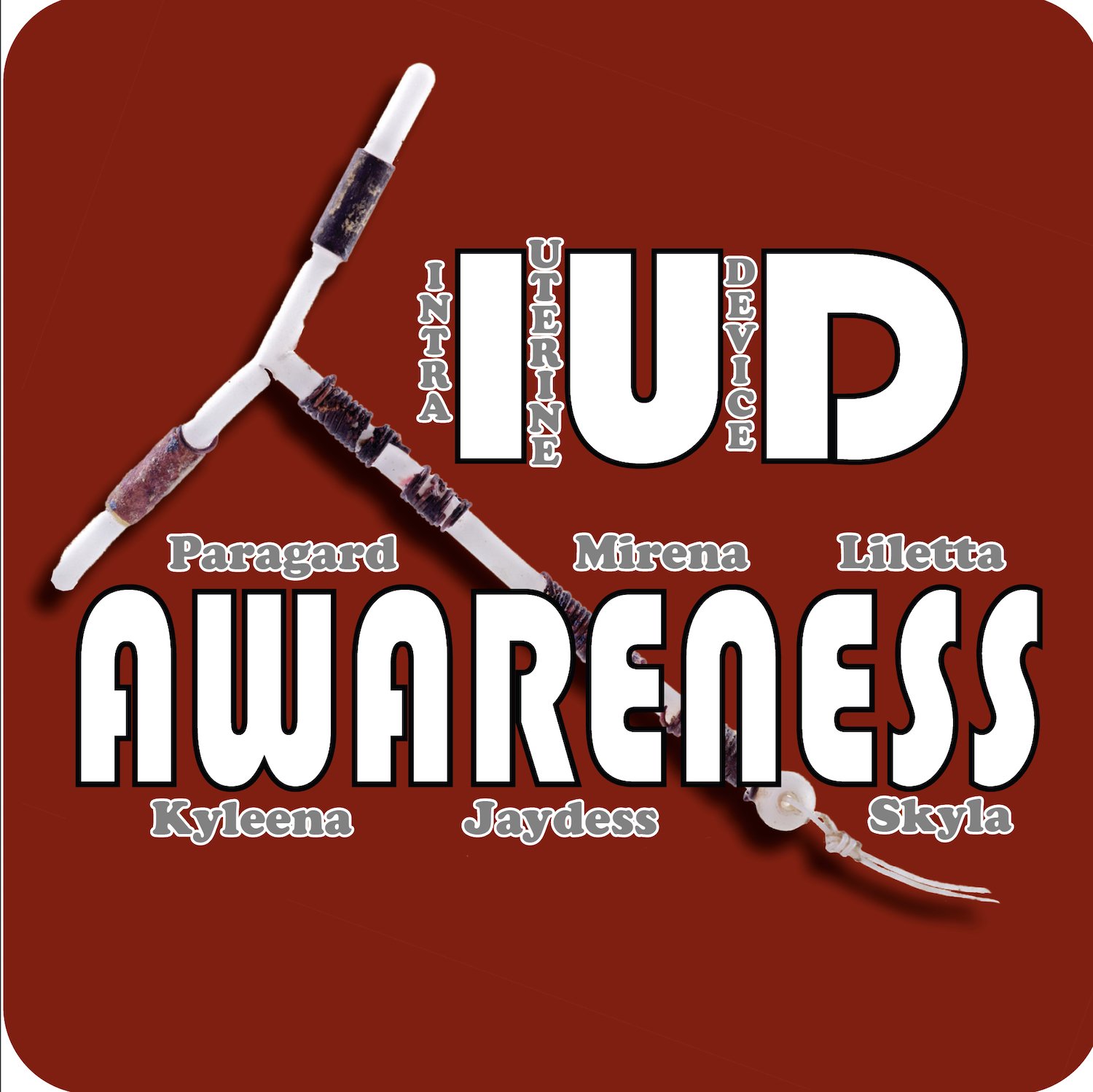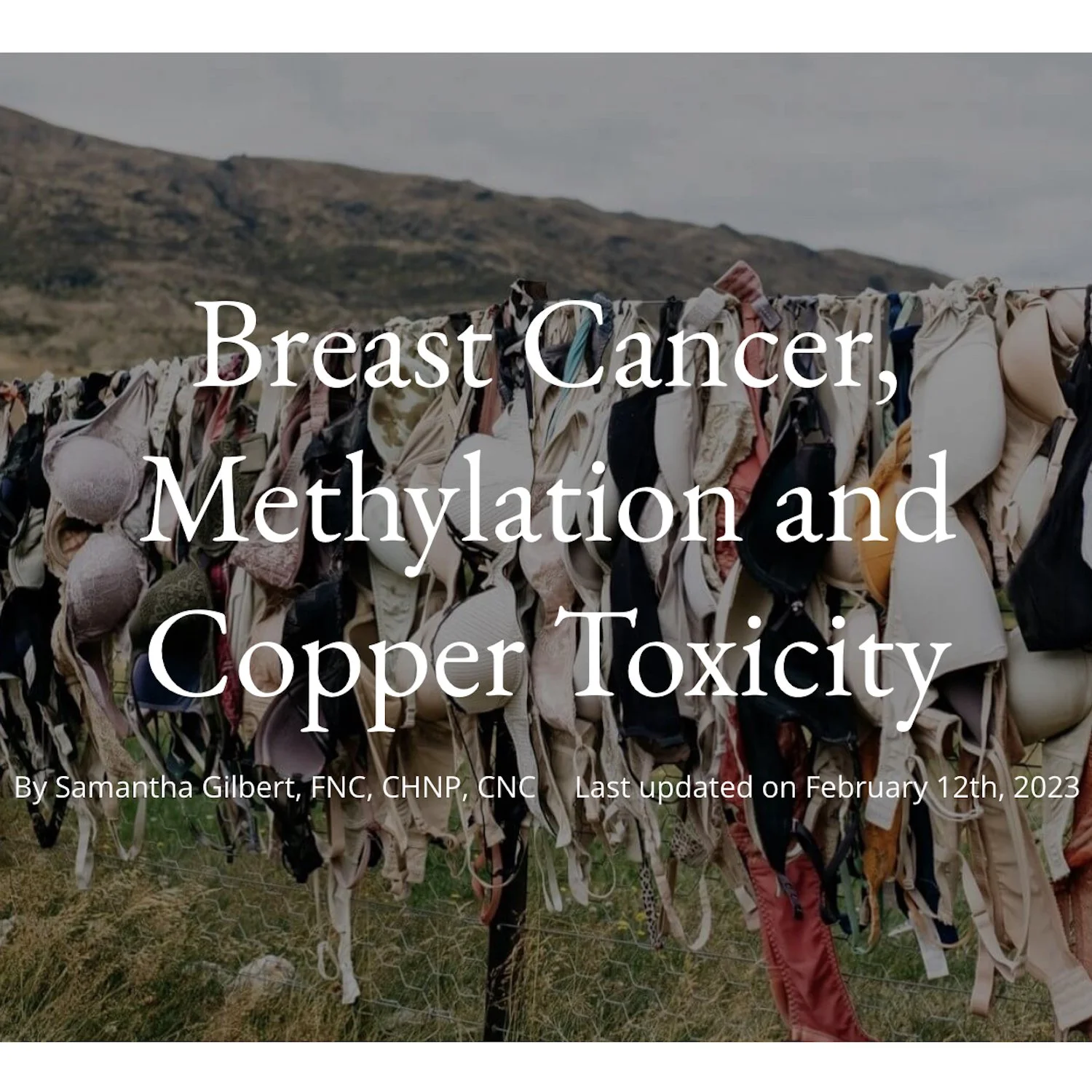Postpartum Depression and Copper Toxicity
/ Internet Link“To complicate things further, women with copper toxicity and estrogen dominance often inadvertently exacerbate their condition with oral contraceptives including the copper IUD and hormone replacement therapy (HRT). In general, the greater the number of pregnancies, the higher copper levels rise in women biochemically susceptible to postpartum depression and psychosis.”
Physiological and Emotional Symptoms of Postpartum Depression
Irregular menstrual cycles
Painful menstrual cycles
Fibroid tumors
Adrenal fatigue
Endometriosis
Certain types of cancer such as breast and uterine
Overwhelming sadness
Inability to bond with baby
Numbness, disconnectedness
Heightened irritability, anger, rage
History of depression with hormonal changes
Inability to cope with normal stress
“Copper-toxic females have what is called “poor copper detox mechanisms.” For these women, copper levels rise with each pregnancy and do not come down. These women find themselves depressed after pregnancy and unable to recover, even years later.
Some of these females move from postpartum depression to postpartum psychosis. Women with postpartum depression after their first two children are at greater risk with subsequent pregnancies unless they receive proper treatment for their biochemical imbalance. It is not solely the number of pregnancies but the actual copper level that affects the risk for postpartum psychosis.”
Symptoms of Postpartum Psychosis
Hallucinations
Strange beliefs or delusions
Extreme heightened irritability
Hyperactivity and impulsivity
Insomnia
Paranoia
Rapid mood swings
Inability to concentrate
“If you know of someone who struggles with postpartum depression, please share this post. If you currently struggling, please share your experience in the comments below. It is through sharing your story that we create community, eliminate guilt and shame, and bring about healing.”


















March 6, 2023
Eat for Life Podcast